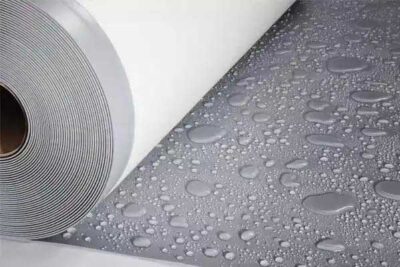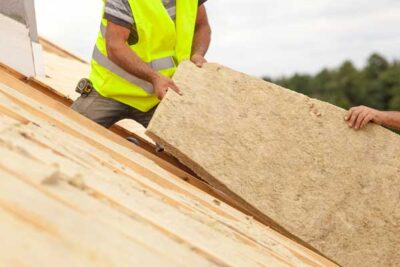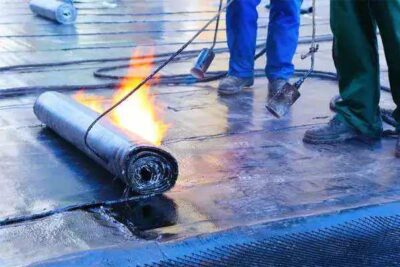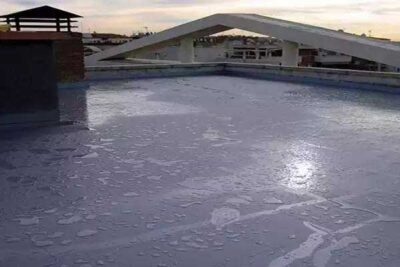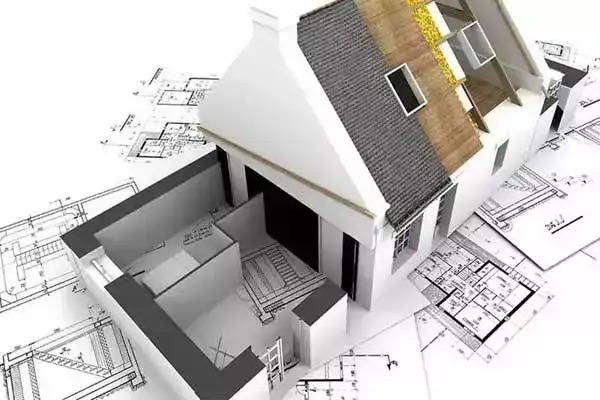
Contents
- 1 BENEFITS OF INSULATION IN TERMS OF ENERGY, ENVIRONMENT AND HEALTH
- 1.1 Energy Savings: Insulation Lowers Energy Costs
- 1.2 Impressive ROI: Insulation is Fast Recovery
- 1.3 Isolated Control Condensation
- 1.4 Insulated Process Control
- 1.5 Protect the Environment by Reducing Pollutant Emissions with Insulation
- 1.6 Personnel Protection
- 1.7 Fire Protection
- 1.8 Enhanced View
- 1.9 Isolating Noise Control
- 1.10 Increase Space Efficiency with Insulation
Benefits of insulation; A properly designed and installed sealing system offers fast and long-term benefits. Insulation protects your personnel, equipment, system and budget.
- Reduces energy costs
- Prevents moisture condensation
- Reduces the capacity and size of new mechanical equipment
- Increases process performance
- Reduces emissions of pollutants
- Safety and protection of personnel
- Acoustic performance: reduces the noise level
- Maximizes return on investment
- Enhances appearance
- Fire protection
BENEFITS OF INSULATION IN TERMS OF ENERGY, ENVIRONMENT AND HEALTH
Energy Savings: Insulation Lowers Energy Costs

A properly designed and installed insulation system immediately reduces energy requirements and provides significant savings.
In hot pipes and surfaces, heat loss can be reduced by about 20 times.
A properly designed, insulated and protected system significantly reduces energy savings, which saves money and protects the environment.
An incredible amount of energy is lost due to uninsulated valves, bare pipes or faulty insulation. It seems like one of those never ending maintenance jobs until someone points out how costly it is to ignore the uninsulated system.
Impressive ROI: Insulation is Fast Recovery

- Reduced energy cost means increased return on investment.
- Adding insulation can be the most cost-effective means of reducing operating costs for an industrial facility or commercial building.
A properly designed and installed insulation system provides fast payback with an excellent return on investment and cost savings. Insulation is a low-risk investment because savings and payback can be predicted with a high degree of accuracy.
Insulation is one of the few technologies where the return on investment is considered more than acceptable compared to many other equipment or maintenance purchases. If the insulated system is maintained, the savings from the investment continue throughout the life of the plant. In fact, not insulating a structure is more costly. Often the insulation is paid for by the maintenance budget and then reduces the operating budget over the life of the system.
The return on investment or payback for an investment in insulation is quick, usually from 6 months to 2 years.
Isolated Control Condensation

Good vapor retardant insulation controls condensation and limits corrosion in cold pipes, ducts, chillers and roof drains. Sufficient thickness is required to keep the surface temperature above the dew point temperature of the ambient air.
- Keep surface temperatures above the dew point.
- Prevent costly moisture damage to building materials.
- Prevent the formation of mold and moisture.
- Reduce energy costs to run chillers and refrigeration equipment.
How Insulation Helps Control Condensation?
When piping and equipment operate at lower temperatures than ambient air, moisture in the air will condense or freeze on the insulation surface, inside, or on the cold pipe surface. Unless the system is sufficiently thick and protected with sufficient vapor retarder, the insulation can get wet, causing corrosion and rendering the insulation ineffective. Determining adequate insulation thickness with an effective vapor retarder system is the most effective way to provide a system for controlling condensation at the membrane surface and within the insulation system in cold pipes, ducts, coolers and roof drains.
Sufficient insulation thickness is needed to keep the surface temperature of the membrane above the highest possible design dew point temperature of the ambient air so that condensation does not form on the surface. An effective vapor retarder system is required to limit moisture transfer to the system to the surface, joints, seams, penetrations, suspensions and supports. By controlling condensation, the system designer can control potential for:
- Reducing system service life and performance;
- Potential for mold growth and health problems from water condensation; and
- Corrosion of pipes, valves and fittings caused by water collected and contained in the insulation system.
Insulated Process Control
A properly specified and installed sealing system on bare process lines and equipment can increase the efficiency of a process system by 95% or more.
Use insulation:
- Maintain process temperatures;
- Improve quality control product; and
- Increase operational safety.
Protect the Environment by Reducing Pollutant Emissions with Insulation

Use a well-designed and insulated system for greenhouse gas reduction.
- Low energy use means less pollution (particles, carbon monoxide, mercury, etc.)
- Improve the performance of pollution control equipment.
Insulation reduces energy consumption, which means less fossil fuel is burned to produce that energy. This, in turn, reduces the amount of polluting gases such as carbon dioxide and sulfur dioxide emitted into the atmosphere. Since carbon dioxide is one of the major greenhouse gases contributing to global warming and sulfur dioxide is the main component of acid rain, insulation plays an important role in protecting the environment.
Insulation is not usually associated with pollution control. If energy is saved, then all the pollution associated with producing that energy is also conserved. And, given the amount of energy that is reduced by the use of insulation – and the fact that we now have tools to calculate emission reduction numbers with insulation use – emissions reduction is a significant benefit of insulation in today’s green environment.
Personnel Protection
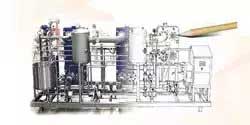
A well designed and isolated system will protect personnel from:
- Reducing hot surface temperatures; and
- Prevention of accidental burns.
Thermal insulation is one of the most effective ways to protect workers from burns caused by contact with hot or extremely cold pipes and equipment. Especially for hot surfaces, insulation reduces the surface temperature of the pipe or equipment to a safer level, increasing worker safety and preventing worker downtime due to injury. With today’s specifications, it is very easy to calculate the insulation thickness required to bring the surface temperature of your pipe and equipment to safe levels.
In addition to the safety benefits of insulation, NIA (National Agency of Investigation) member companies take job site safety very seriously and strive to meet the highest standards to protect their personnel.
Fire Protection

When used with other materials, insulation aids fire protection in firestop systems, oil and air ducts, electrical and communication ducts and cables.
Enhanced View
Insulation covering exposed air conditioning and plumbing lines gives a building a finished look.
Isolating Noise Control
A well-insulated system helps reduce noise levels:
- Absorb emitted sound;
- To meet Occupational Safety and Health requirements by eliminating the sound at the source; and
- Improving the work environment by increasing worker morale and communication.
It’s an advantage that’s hard to put a price on, but we all know it happens. Noise can seriously affect worker health and productivity – so much so that the Occupational Safety and Health Administration has noise standards enforced. Production environments can be extremely noisy and cause significant health problems if noise reduction and protection is not taken care of. In addition, noise produced by appliances, pipes, heating and air conditioning systems, telephones, radios and even talking are the main reasons why people are dissatisfied with their workplace.
Insulation materials are used to cover or contain noise generating sources and reduce noise to acceptable levels; so that stress, waste of time and dissatisfaction do not affect the product and/or employee you are trying to get out of the door.
Insulation reduces both exterior and interior noise levels by preventing external sounds from being transmitted into the building and absorbing combustible sounds inside the building.
Increase Space Efficiency with Insulation
- A well-insulated system:
- Reduce the capacity and size of new mechanical equipment;
- Reducing the capital cost of equipment;
- Reduce the space required for equipment; and
- Reduce the maximum electrical load, i.e. low electricity rates for industrial and commercial users.

